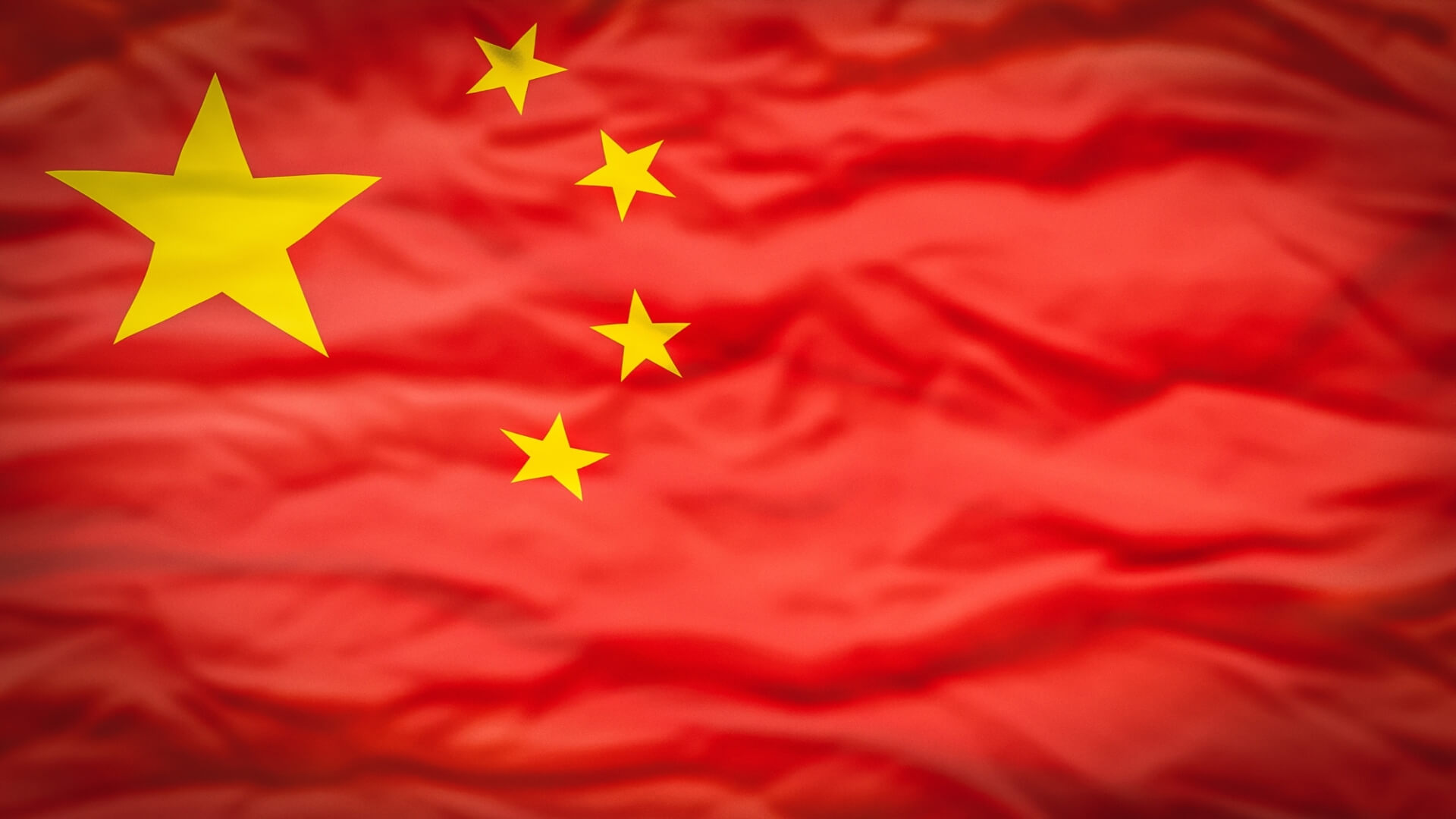Taiwan Semiconductor Manufacturing Company (TSMC), an important chipmaker for Apple and other tech giants, has cautioned that a potential war between Taiwan and China would have negative consequences for all parties involved. Gartner recognizes TSMC as the largest chip manufacturer globally. Moreover, it holds a prominent position as one of the most valuable publicly traded companies, with a market capitalization of 12.8 trillion New Taiwan Dollars (approximately $415.3 billion) as of May 16, 2023. Given TSMC’s immense importance, its presence is perceived as a compelling motivation for the Western world to protect Taiwan from any potential aggressive actions by China. In fact, some refer to TSMC as a crucial component of a metaphorical “silicon shield” that serves as a defense against a hypothetical military invasion by Beijing.
TSMC has expressed concerns that such a conflict would disrupt the global supply chain, impacting the production of semiconductors, which are crucial components for various electronic devices. Semiconductors play a crucial role in electronic devices, driving advancements in various fields such as communications, computing, healthcare, military systems, transportation, clean energy, and numerous other areas. In addition, TSMC’s warning underscores the interconnectedness of the global economy, and the reliance on stable international relations for the smooth functioning of industries.
The United States and TSMC have warned that such disruptions will have severe economic implications, including increased costs, reduced availability of products, and potential delays in technological advancements. Most especially, it would significantly impact the technology sector, which heavily relies on Taiwanese manufacturers. The US government is closely monitoring the situation, and is reiterating its commitment to supporting Taiwan’s security and stability. The US is strengthening its ties with Taiwan, such as providing military equipment and conducting joint military exercises. TSMC warned that a potential conflict with China would not just result in Taiwan suffering significant economic losses, but also China, as well as other countries that rely on the semiconductor industry. Here is an opinion piece we found of interest regarding the importance Taiwan plays as a major in the global semiconductor economy, and the potential impact of a Chinese invasion.
Why Warren Buffett’s Taiwan pullout has unsettling implications
In an opinion piece “Why Warren Buffett’s Taiwan pullout has unsettling implications” for The Washington Post, contributing columnist Jim Geraghty discusses the concerns that have been raised by Warren Buffett selling his conglomerate’s remaining shares in Taiwan Semiconductor Manufacturing Co. (TSMC), the world’s largest chipmaker. Buffett cited his lack of confidence in Taiwan as a safe place to conduct business as the primary reason for his decision. Geraghty believes that Buffett’s decision raises apprehension with China’s increasing aggression and threats to take control of Taiwan.
TSMC holds great geopolitical significance as Taiwan’s largest company and a major global supplier of semiconductors, including to prominent US tech companies like Apple. Its role in producing chips for military hardware, such as F-35 fighter jets, makes it strategically important to the US defense system. If China were to invade Taiwan, it would not only have catastrophic consequences, but also sever the chip supply crucial for US defense operations. Read the full article on The Washington Post.
The Fatty Fish Editorial Team includes a diverse group of industry analysts, researchers, and advisors who spend most of their days diving into the most important topics impacting the future of the technology sector. Our team focuses on the potential impact of tech-related IP policy, legislation, regulation, and litigation, along with critical global and geostrategic trends — and delivers content that makes it easier for journalists, lobbyists, and policy makers to understand these issues.
- The Fatty Fish Editorial Teamhttps://fattyfish.org/author/fattyfish_editorial/January 19, 2024
- The Fatty Fish Editorial Teamhttps://fattyfish.org/author/fattyfish_editorial/January 3, 2024
- The Fatty Fish Editorial Teamhttps://fattyfish.org/author/fattyfish_editorial/January 3, 2024
- The Fatty Fish Editorial Teamhttps://fattyfish.org/author/fattyfish_editorial/December 31, 2023










